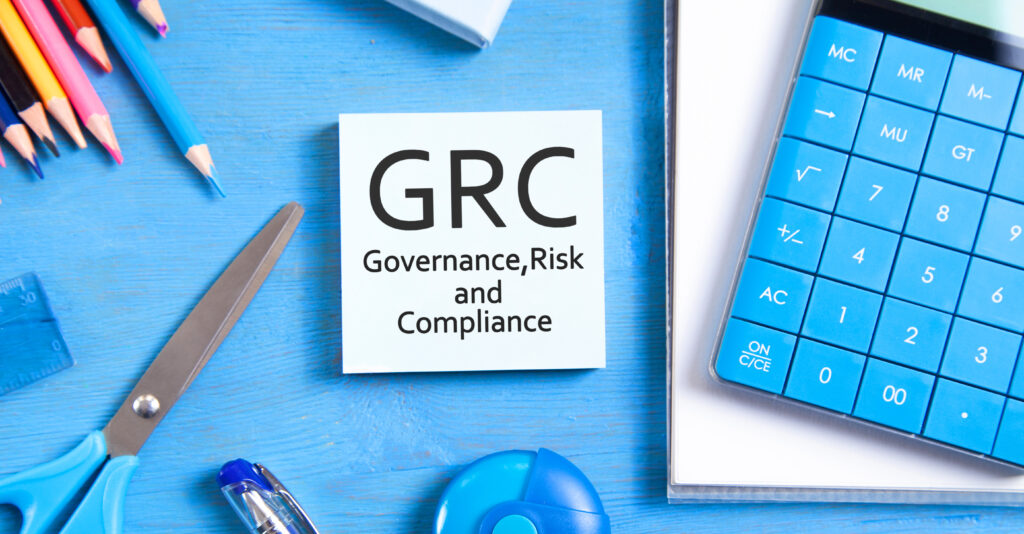GOVERNANCE PRINCIPLES
- Establish effective governance structures.
- Define roles and responsibilities.
- Foster ethical leadership.
- Promote transparency and accountability.
- Align governance with organizational goals
- Governance and organizational structure
- Corporate Governance and Board diversity
- Corporate governance best practices
- Board of directors’ roles and responsibilities
- Ethics and Corporate social responsibility
- Governance and strategy alignment
- Stakeholder engagement in governance
- Governance in not-for-profit organizations
RISK MANAGEMENT
- Identify and assess risks.
- Develop risk mitigation strategies.
- Implement risk monitoring and reporting.
- Integrate risk management into decision-making.
- Enhance risk culture.
- Enterprise Risk Management (ERM)
- Financial Risk Management
- Operational Risk Management
- Cybersecurity risk management
- Risk-Based Decision making
COMPLIANCE STRATEGIES
- Develop compliance frameworks.
- Interpret and apply regulations.
- Implement compliance monitoring.
- Manage compliance audits.
- Drive a culture of compliance.
- Compliance Risk assessment
- Compliance program implementation
- Compliance Training and communication
- Whistle blower programs
- Ethics and Compliance reporting
- Compliance risk mitigation
INTERNAL CONTROL SYSTEMS
- Design internal control processes.
- Assess and improve control effectiveness.
- Mitigate control weaknesses.
- Monitor and report on control performance.
- Ensure alignment with objectives.
- Internal Control Framework (COSO0
- Control Self-Assessment (CSA)
- Controls and Fraud prevention
- IT and Cyber security controls
- Control automation and technology
- Internal control risk assessment
- Control mapping and process control documentation
- Control Metrics and Key performance indicators (KPIs)
- Control Frameworks
- Control systems and tools
REGULATORY FRAMEWORKS
- Navigate diverse regulatory landscapes.
- Interpret regulatory requirements.
- Ensure compliance with industry-specific regulations.
- Develop strategies for regulatory changes.
- Manage regulatory relationships and reporting.
- Regulatory Compliance in Emerging Industries
- Regulatory Compliance in Financial Services
- Regulatory Compliance in Healthcare and Pharmaceuticals
- Regulatory Compliance in environmental and energy sectors
- Regulatory reporting and documentation
- Regulatory compliance and Data privacy.

